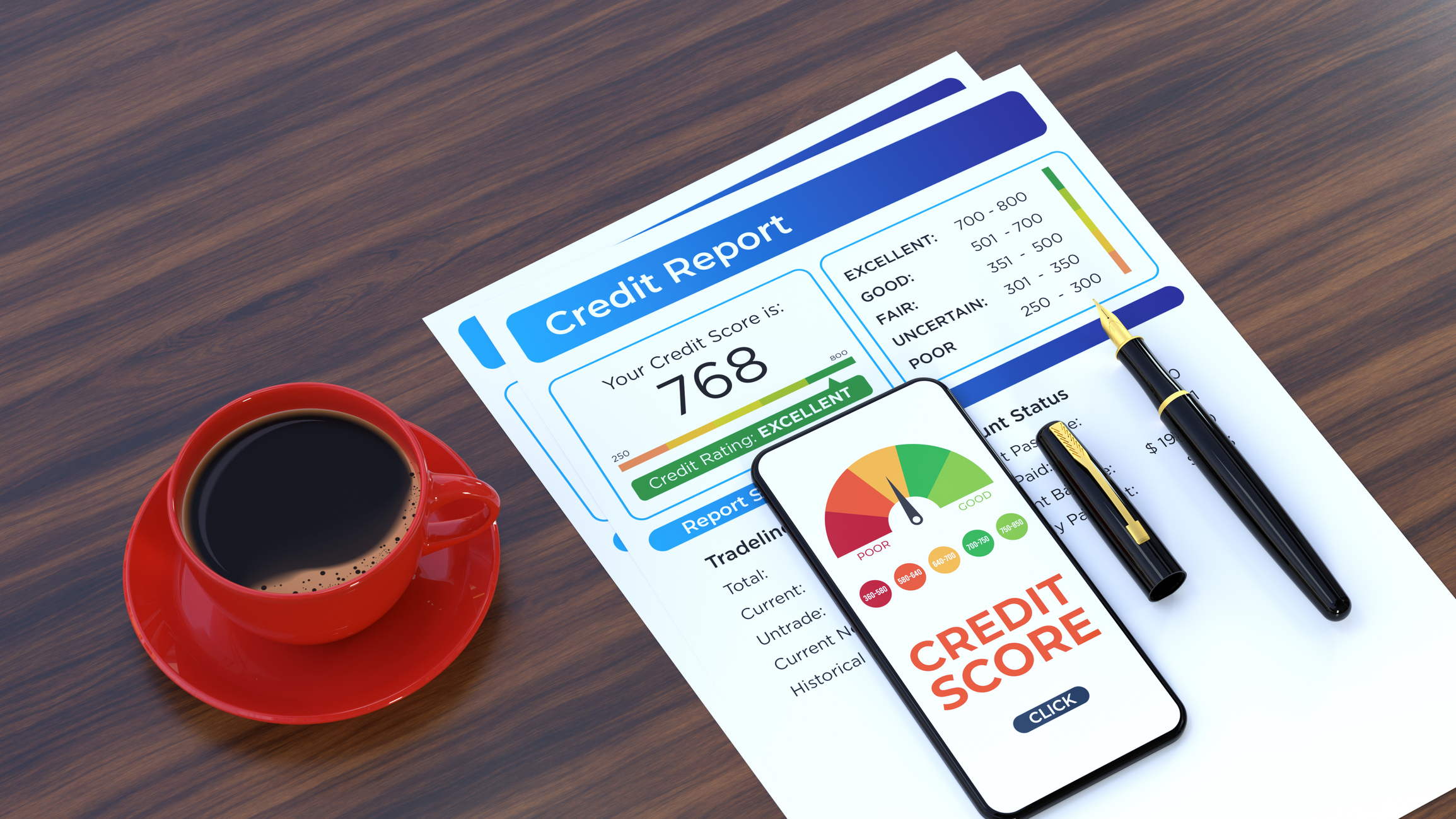A good credit score can make a huge difference in your life, from getting a mortgage or auto loan to qualifying for certain jobs. A bad credit score, on the other hand, can have serious repercussions for years down the line. Here’s how to maintain a good credit score for years to
come:
What Is a Credit Score?
A credit score is a three-digit number that represents your creditworthiness. It’s used by lenders to determine whether they should lend money to you and how much they will charge you in interest. Credit scores are based on the information in your credit report, which includes personal information such as name, address, and social security number; payment history; outstanding debt; any recent applications for new credit cards or loans; public records such as bankruptcy filings or court judgments against you; inquiries into your account (when someone has requested an official copy of your report).
Your credit score can range from 300 to 850. Generally speaking, the higher your score is above 700, the better chance you have of receiving loan approval from lenders with competitive rates and terms.
Steps You Can Take To Improve or Maintain Your Credit Score
Pay Your Bills on Time This is the most important step in maintaining a good credit score. Be sure to pay your bills on time every month, or at least make payments before the due date or within 30 days of receiving the bill (depending on whether or not you have chosen to pay online).
Review Your Credit Report
If you are concerned about the accuracy of your credit report, you can get a free copy from each credit bureau. Check them for errors and dispute any that you find. If a mistake isn’t corrected after you dispute it, contact the bureaus and ask them to investigate further. Keep everything accurate in terms of information and payment history on reports—and review them regularly! If there are errors on one or more reports, it can negatively affect how lenders see you.
Keep Your Credit Utilization Rate Low
The credit utilization rate is a measure of how much of your available credit you’re using. It’s calculated by dividing the total amount of your revolving debt (credit card purchases and cash advances) by your total credit line, which includes both revolving and installment loans. The lower your debt levels are, the better it is for your credit score.
Never Skip a Payment on Any of Your Loans or Lines of Credit
As a general rule, it’s important to never skip a payment on any of your loans or lines of credit. This is because it will hurt your credit score and make it more difficult to obtain new loans in the future.
If you are having trouble paying back your debts, speak with the lender or creditor as soon as possible about possibilities for restructuring the loan or creating an affordable payment plan.
Maintaining a good credit score can help you get better interest rates on loans and credit cards, but if you’re having trouble with it, don’t worry. At Okinus Credit Solutions, we offer flexible lease-purchase solutions for everyone, regardless of if you have bad or even zero credit. To learn more, get in touch with us today!



